Wedding budget planning can be stressful and feel expensive. When it comes to plan your wedding in a foreign country, it can even be more terrifying. But it shouldn’t. Allow me to share some budgeting insights to help you better plan your destination wedding, make it cost-efficient and fun!
Let’s start by making a list of what you will need to book.
- Wedding venue
- Wedding planner
- Wedding photographer
- Wedding videographer
- Florals
- Catering
- Rentals (tables, chairs, dinnerware)
- Stationery
- Attire (bridal gown, tuxedo rental, jewelery, shoes)
- Stationery
- Hair & makeup
- Entertainment
- Transportation
- Wedding bands
- Party favors & gifts
- DJ (& band)
- Cake
- Lodging
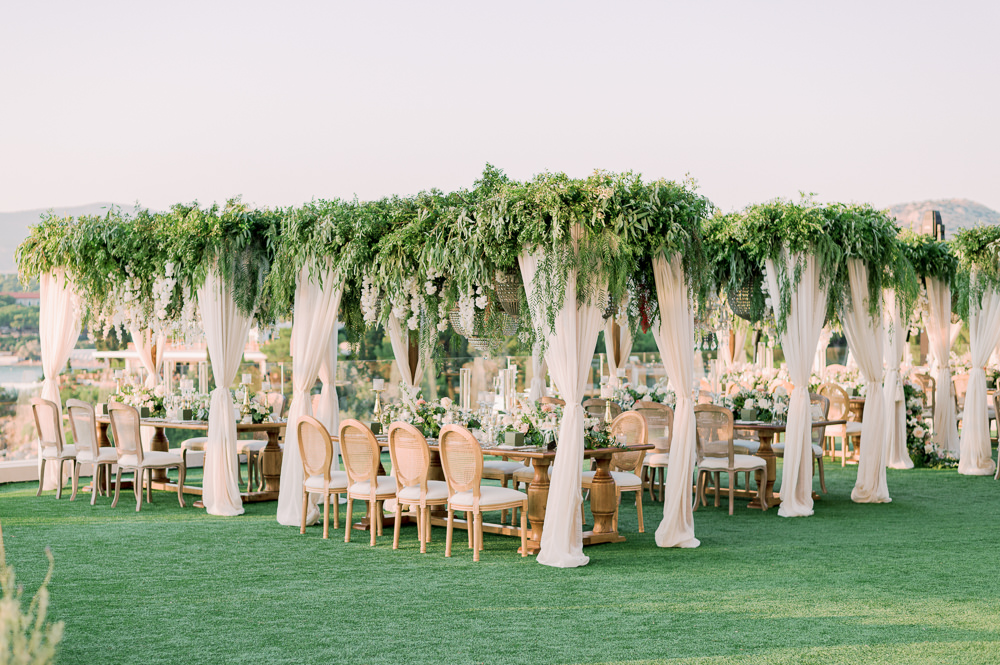
Allocating the percentage for every item above is your choice, as to where you want to emphasise more. Begin with booking the “trinity” of your special day, thus the venue, the planner and the photographer and rest will be easier to follow. Plus, your wedding planner and photographer will help you a lot with advice on your budget and smart ideas to save money.
Here are some of the most common wedding budgeting mistakes you should avoid.
- Determining who is paying for what
It’s awkward I know, but get this first out of the way. Talk with your families to see who will pay for what. Some bride’s families prefer to pay for everything as it’s “traditional” but it’s getting more common nowadays for groom’s family to contribute. Start by talking with each other and then each family should be addressed separately for a more honest conversation. A word of advice is to ask each family what is the amount that they want to contribute so you can start creating your budget. Another approach is to ask them which part of the wedding, they would prefer to cover e.g. catering, flowers or honeymoon. A key factor to determine early on is the expected number of guests. This will help you understand some critical components of your budget like the catering, the tables (rentals) and even the venue size. You don’t want to have a small wedding at a big venue, as people will be scattered or vice versa.
The venue is just so critical. Some places in Europe, like Lake Como, Provence and Paris are amongst the most expensive ones whereas Tuscany, the Amalfi Coast and the Greek islands can be more economical. Be also aware that some venues ask for a minimum number of guests. And the same applies also for some catering services.
The seasonality is another critical factor you should take into consideration. The high season, from June to September, can be pricey than the shoulder season May and October for a lot of your vendors and the venue.
The wedding style is another thing you should think in the early stages of your planning. The more formal your occasion, the more expensive the whole project is going to be, as you will have to upscale the site, the food and the entertainment.
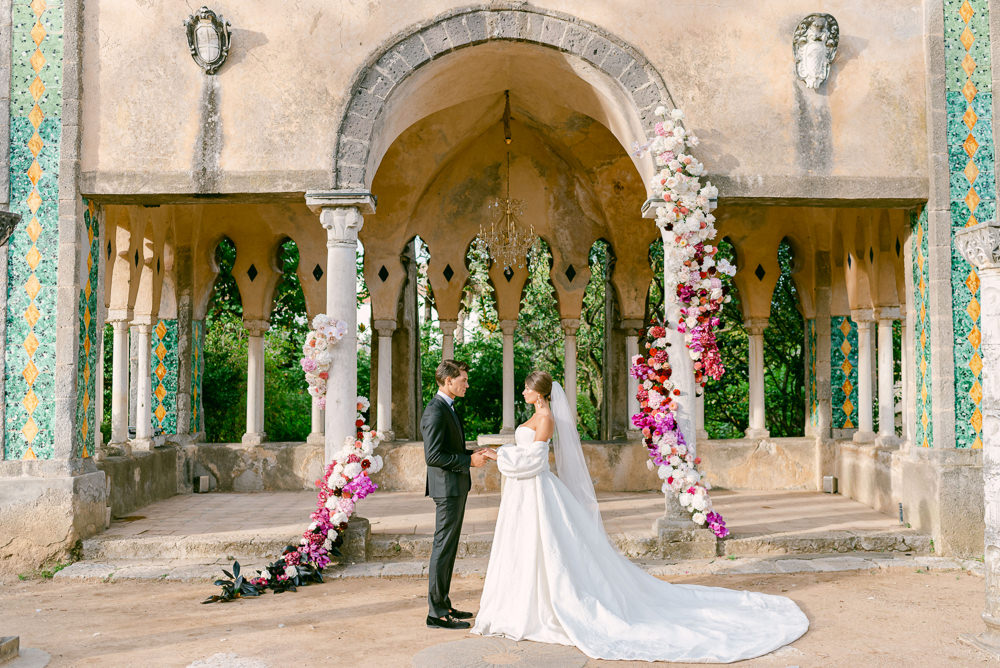
2. Allocation of funds
Just like buying a house, you should figure out how much you want to spend on your wedding. Keep in mind that it will be a memorable day with all your loved ones, your families and friends and you want to look and feel beautiful.
3. Keeping track of your expenses
The spreadsheet is your friend. Keeping track of all your payments and due dates is crucial. Record every payment and what you owe to whom. Some common pitfalls to avoid hidden costs.
- Overtime: The party is going perfectly but before you know, this extra time might be costly. From the photographer and videographer to DJ and the venue itself.
- Service fees: Sometimes venues charge to cover their own cost of hiring servers, coat checkers, and bathroom and parking attendants.
- Free trials: Some vendors, like hair and makeup artist, florist, caterer etc. offer a free trial for the time you demo their services but if you keep making changes, probably they’ll cost you.
- Tips: Even conservative tipping can add hundreds to your wedding cost. Make sure to account for these costs in your initial budget.

4. Allow an overhead
If you take into account some overages, then you run less risk of blowing your budget. A safe suggestion is to add a 5% for unforeseen last-minute costs, like an extra boutonniere, a place that should be decorated, umbrellas or space heaters.
5. Smart payment
Open a separate account for your wedding budget so you can easily track additions and withdrawals. You can use a credit card to benefit of more miles or cash backs, just make sure you pay the bill in full each moth.
6. Not being realistic
Apart from the experience I’ve gathered all these years that I’m documenting weddings and speaking with fellow wedding planners, I have a first hand experience as I’m married myself. It’s easy to oversimplify some of the financial aspects of a wedding. To stay on top of your wedding budget, you have to be realistic about what each element generally costs and what your priorities are.
There’s a lot to keep track of when it comes to wedding budget planning, but it’s a wonderful adventure!
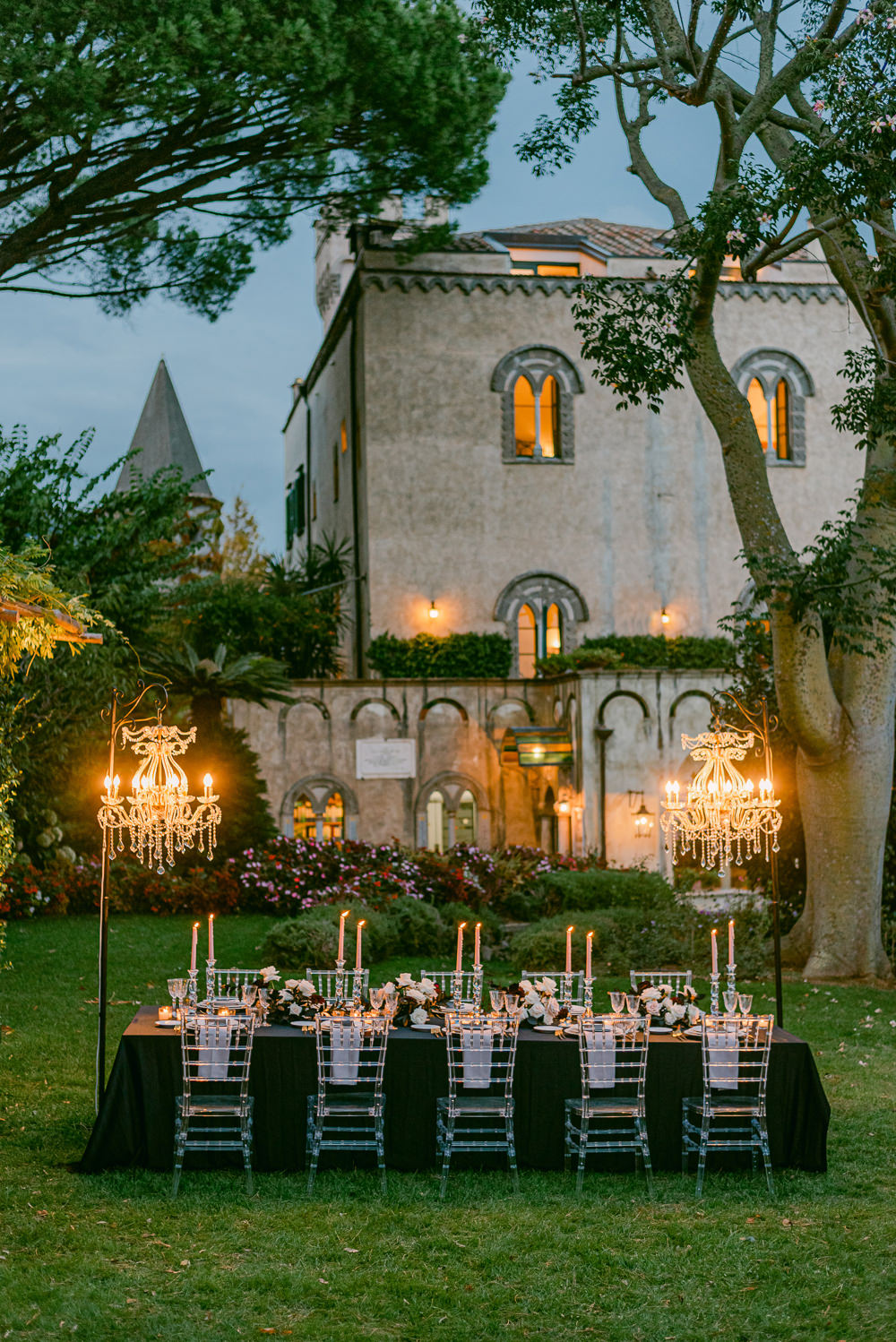

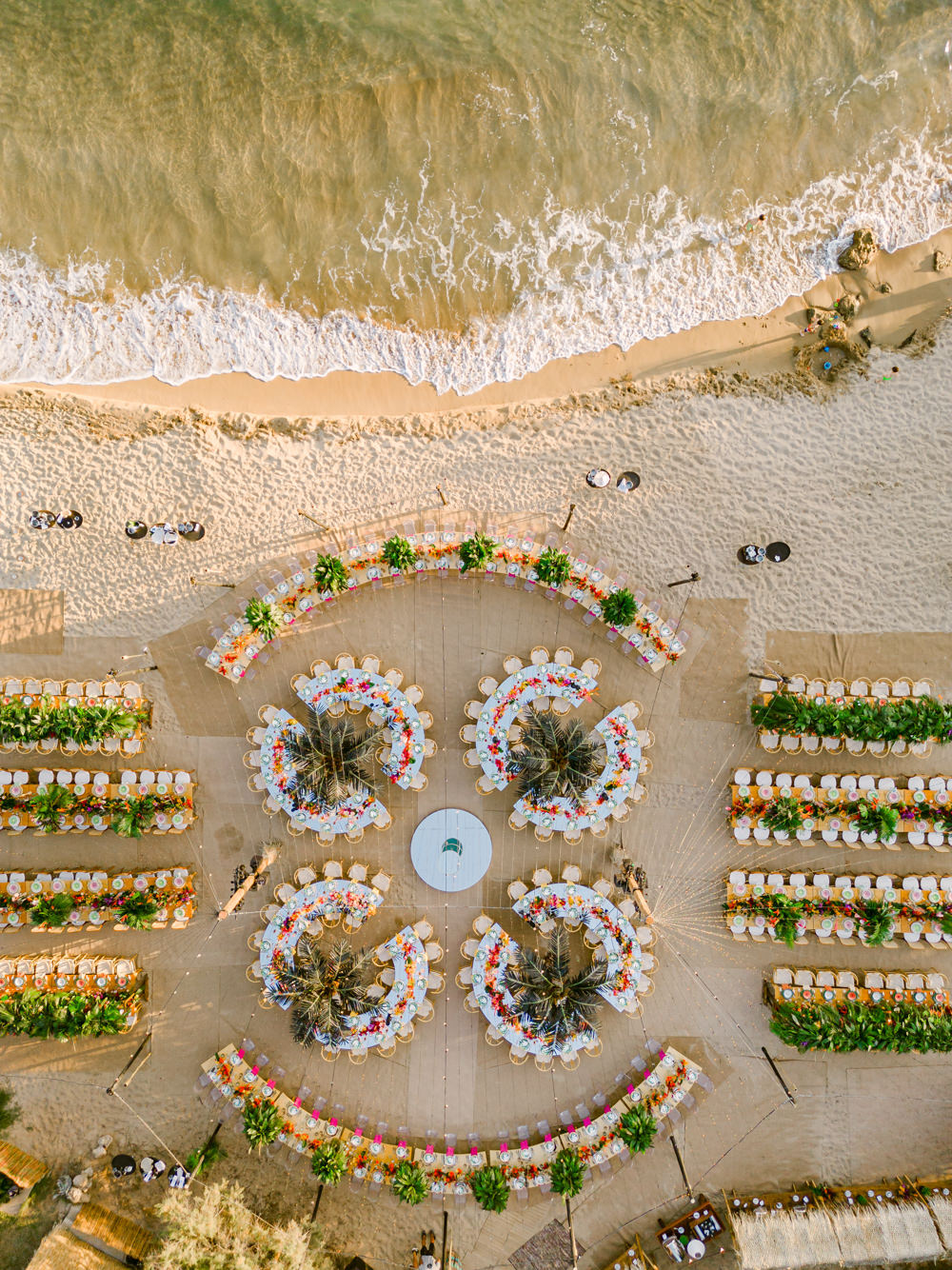
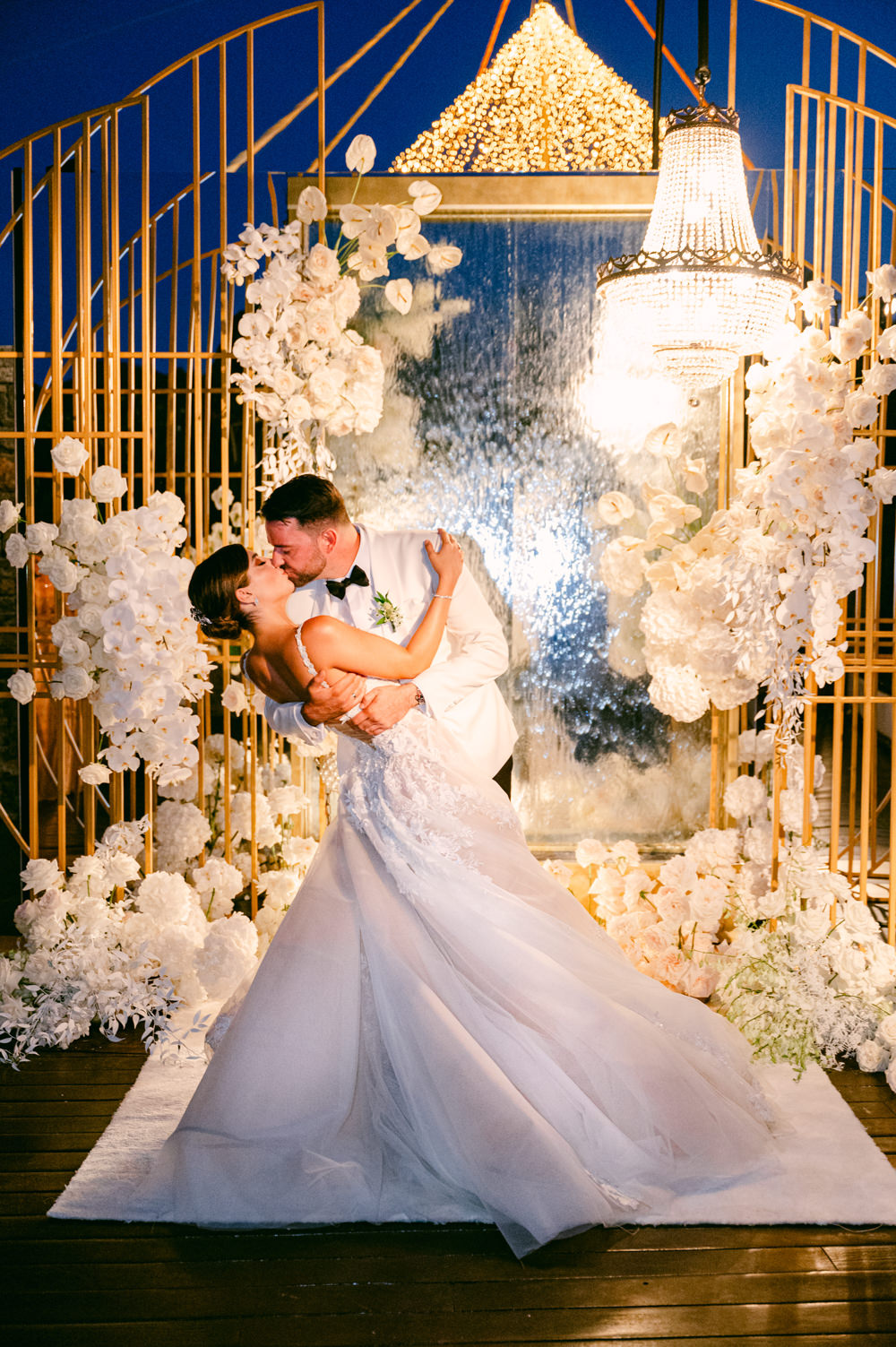
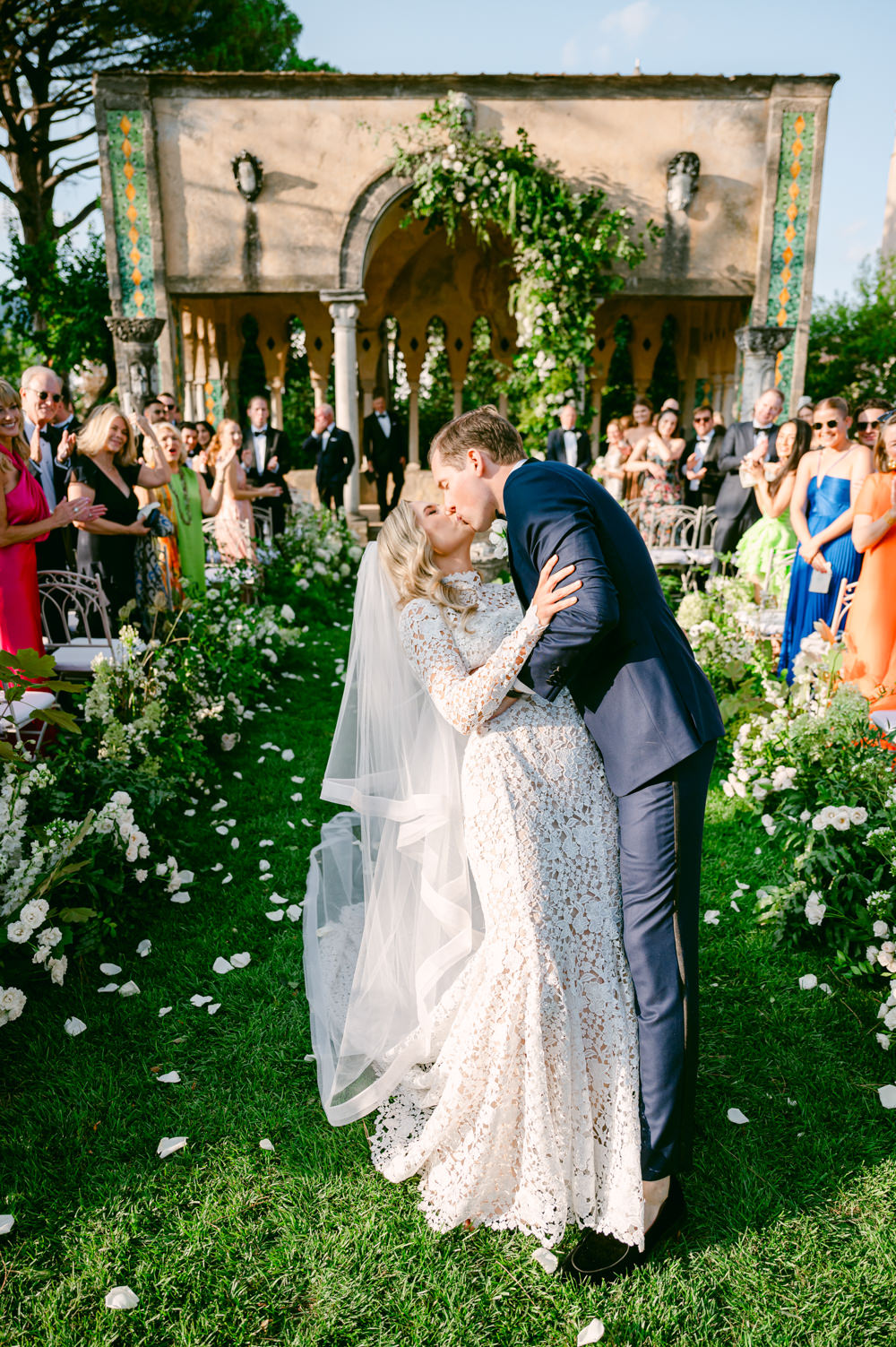




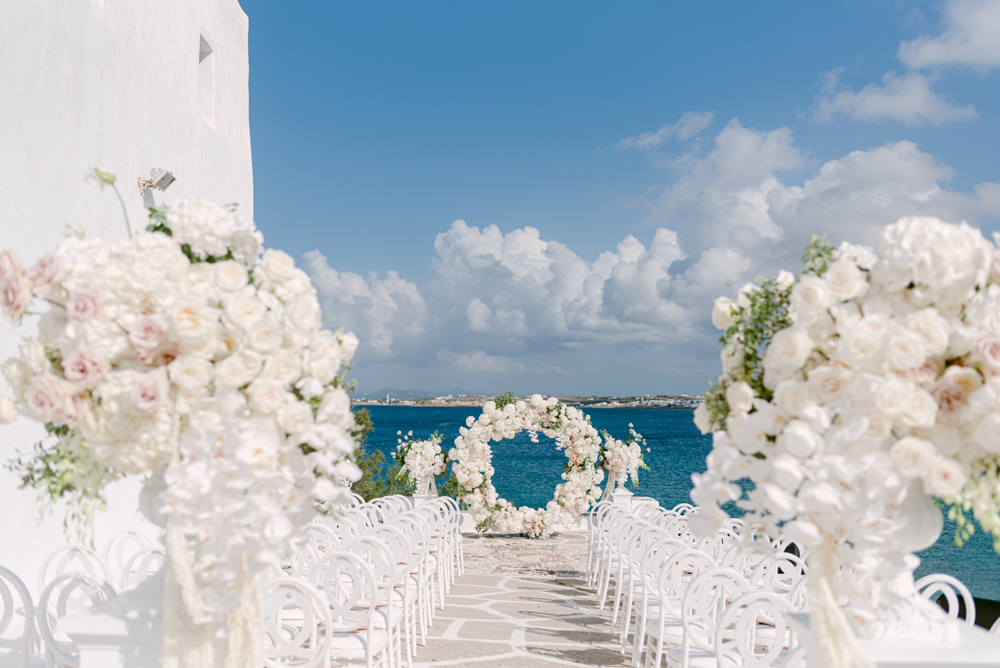

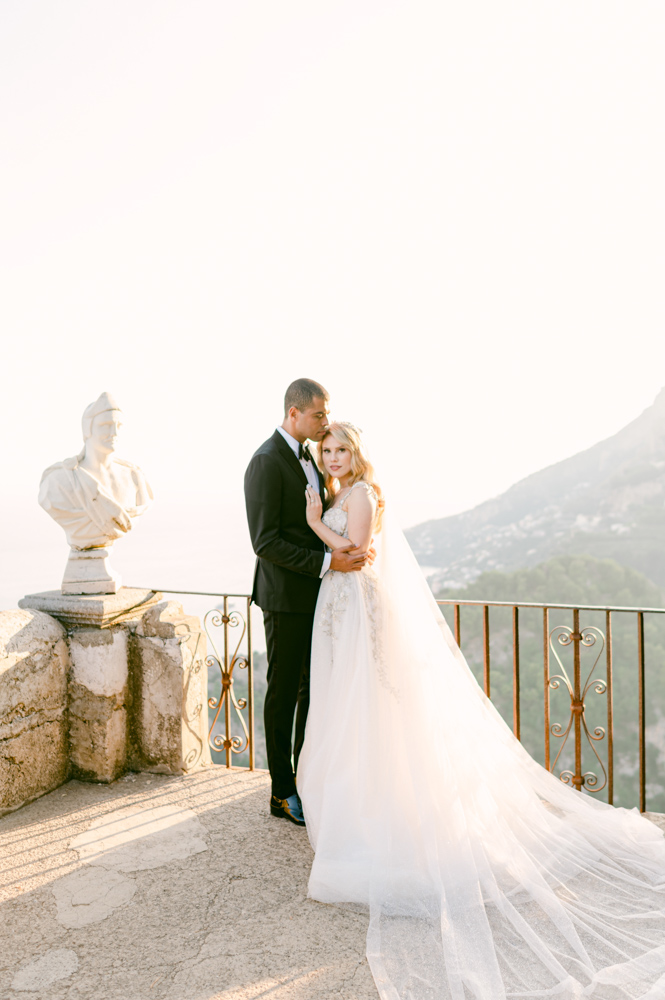
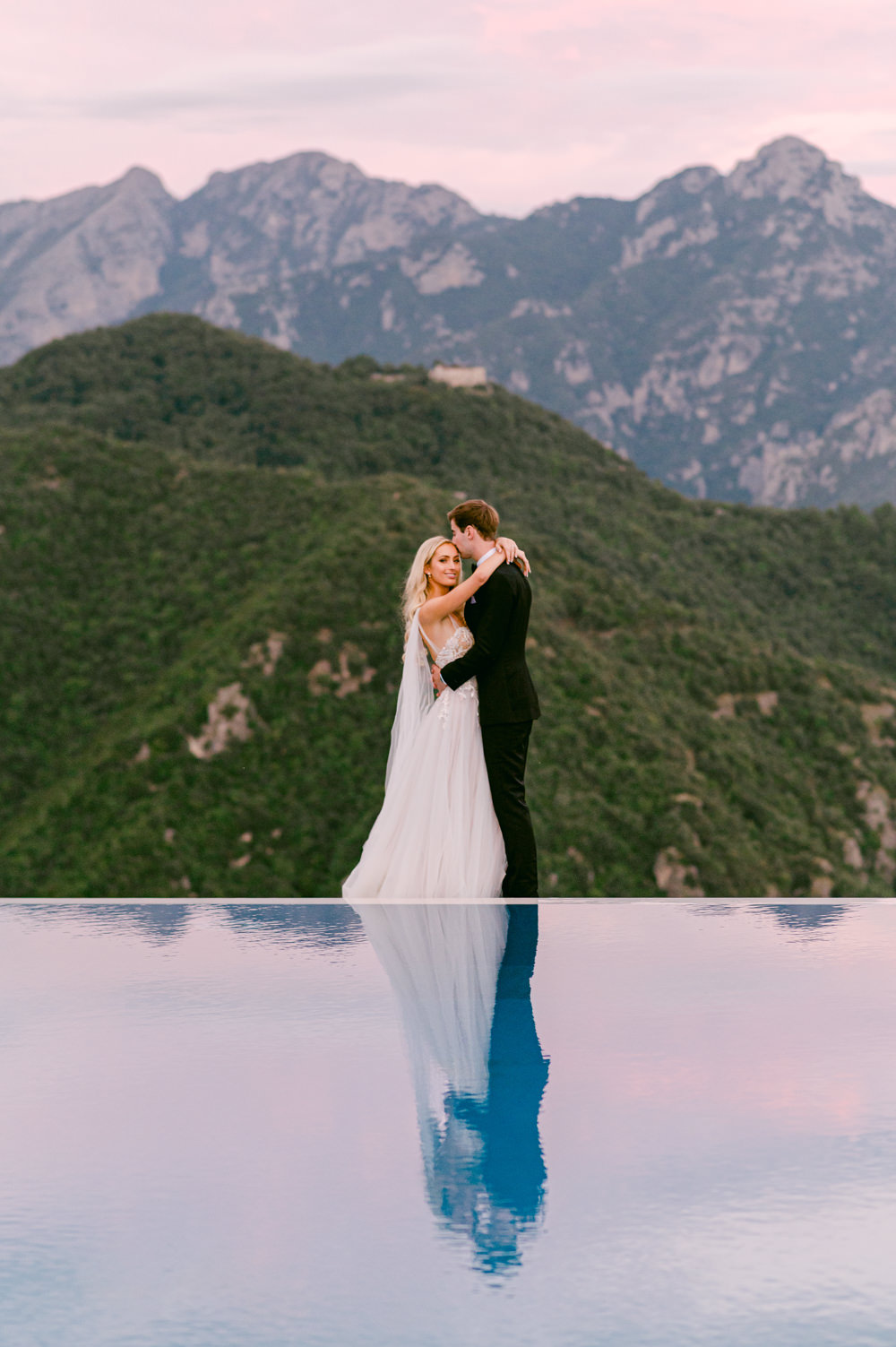
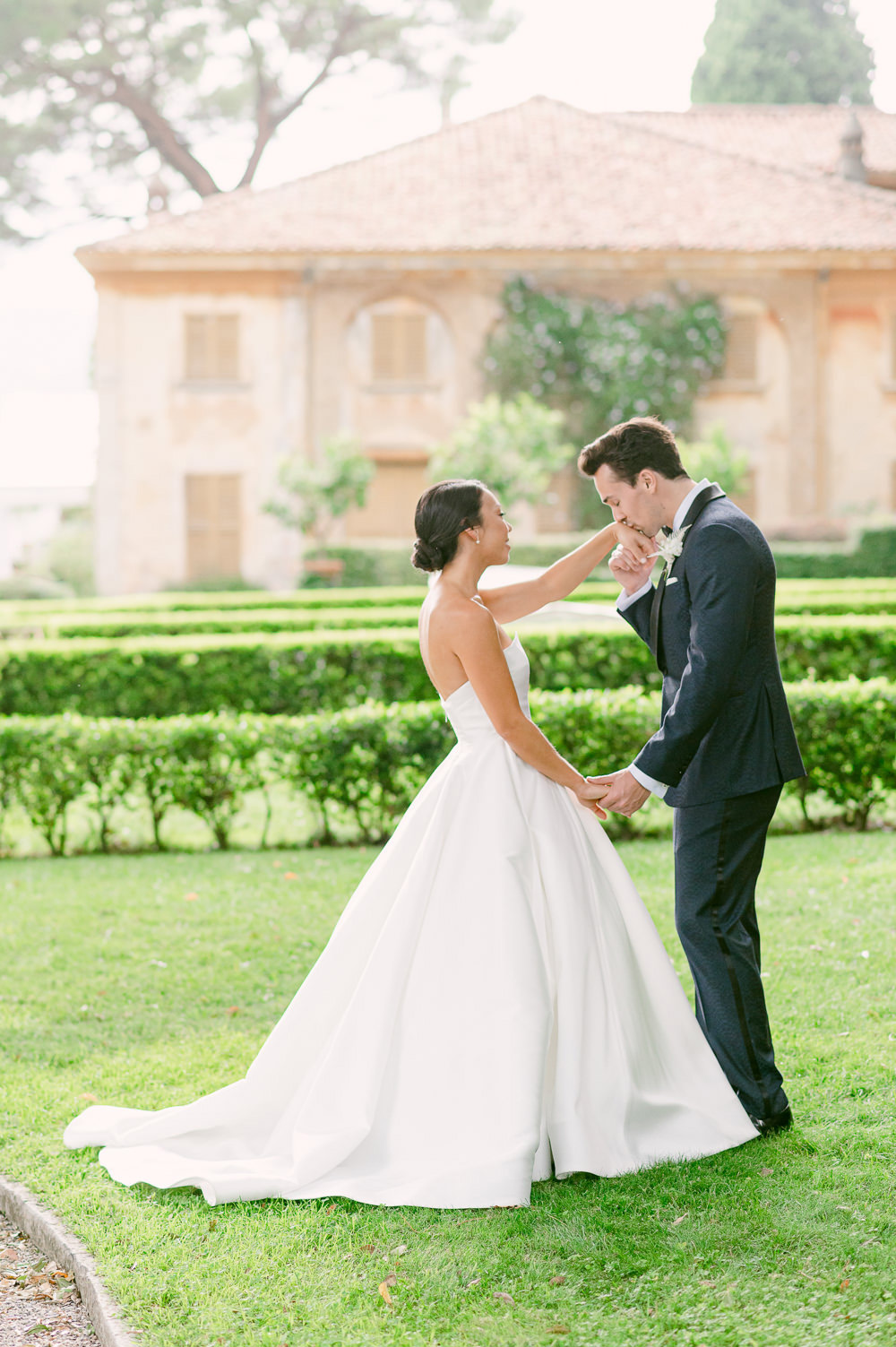

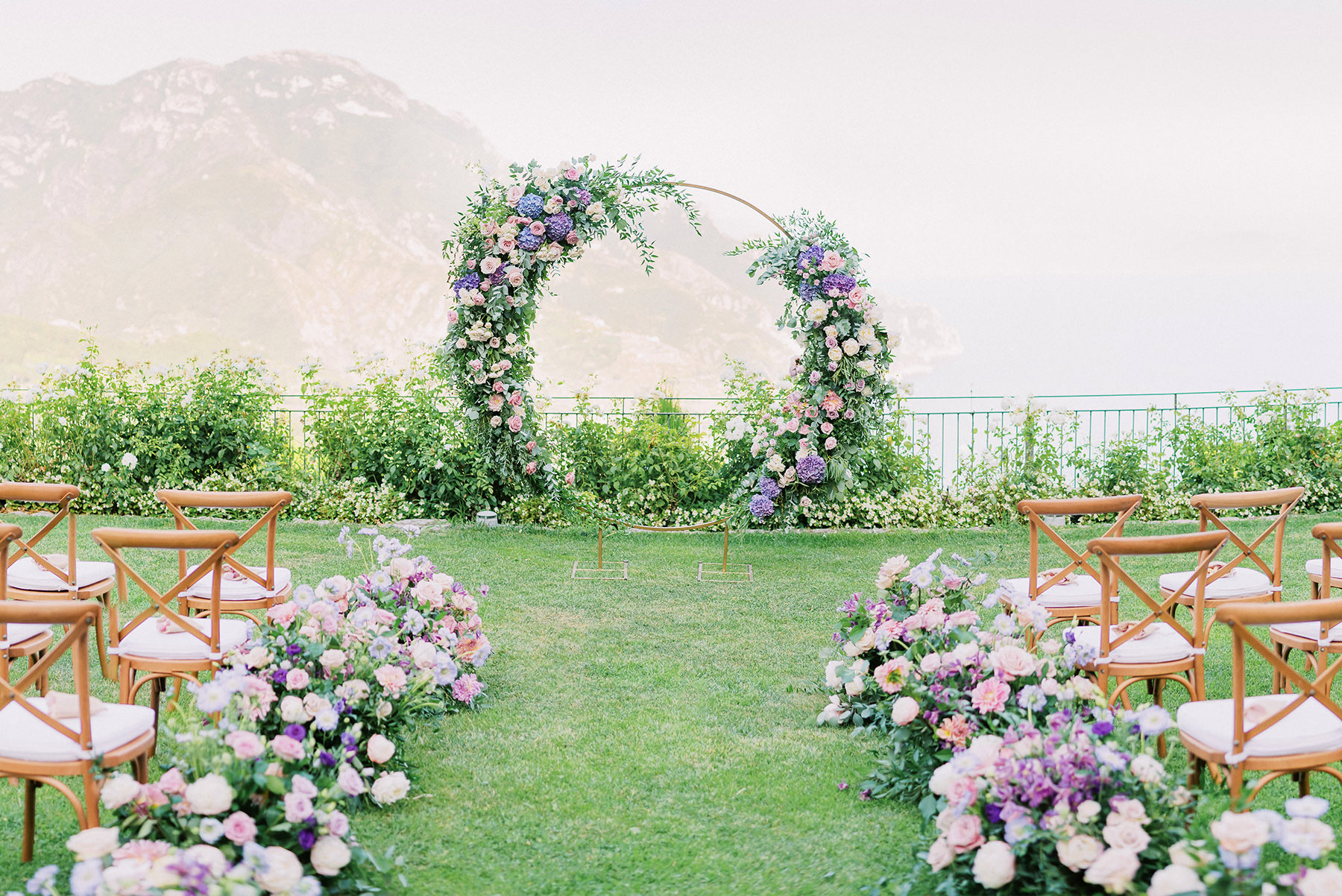

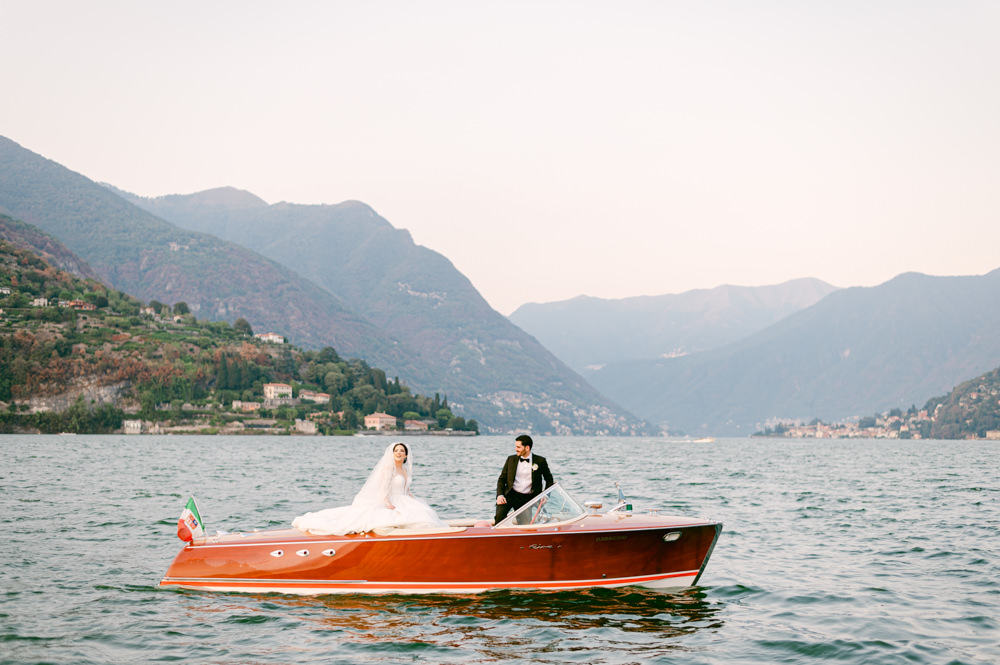
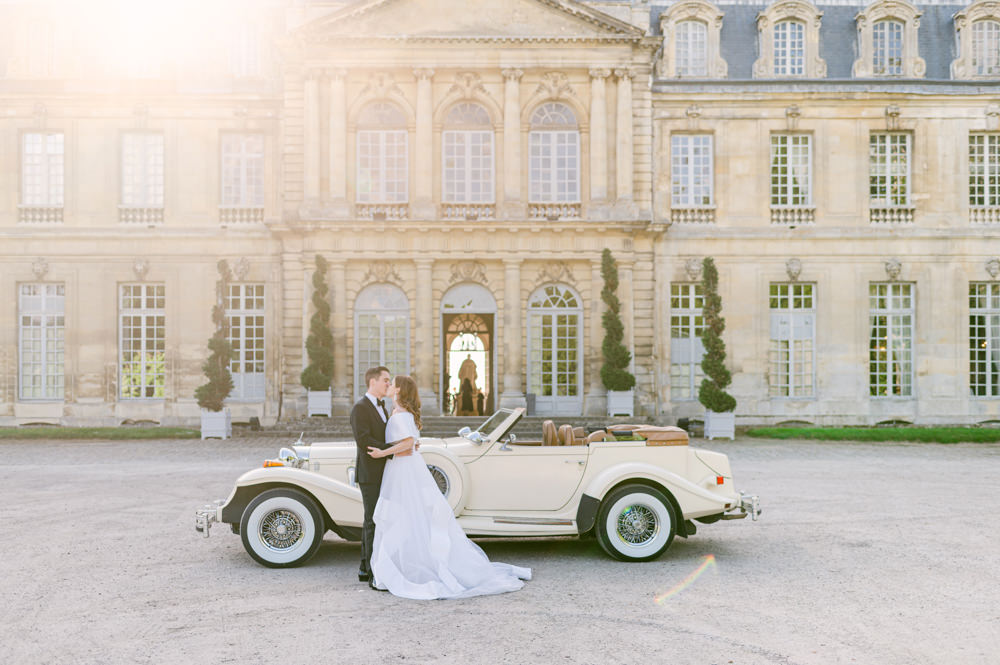
+ COMMENTS